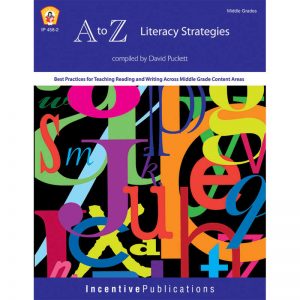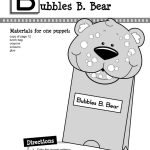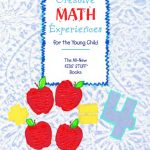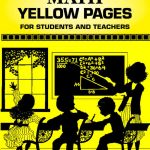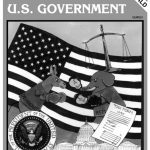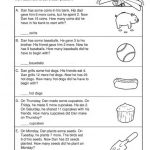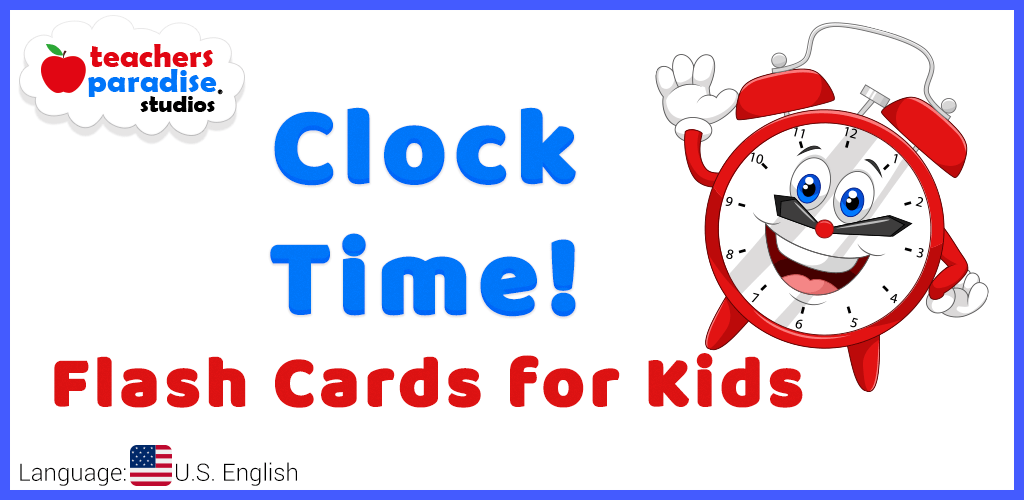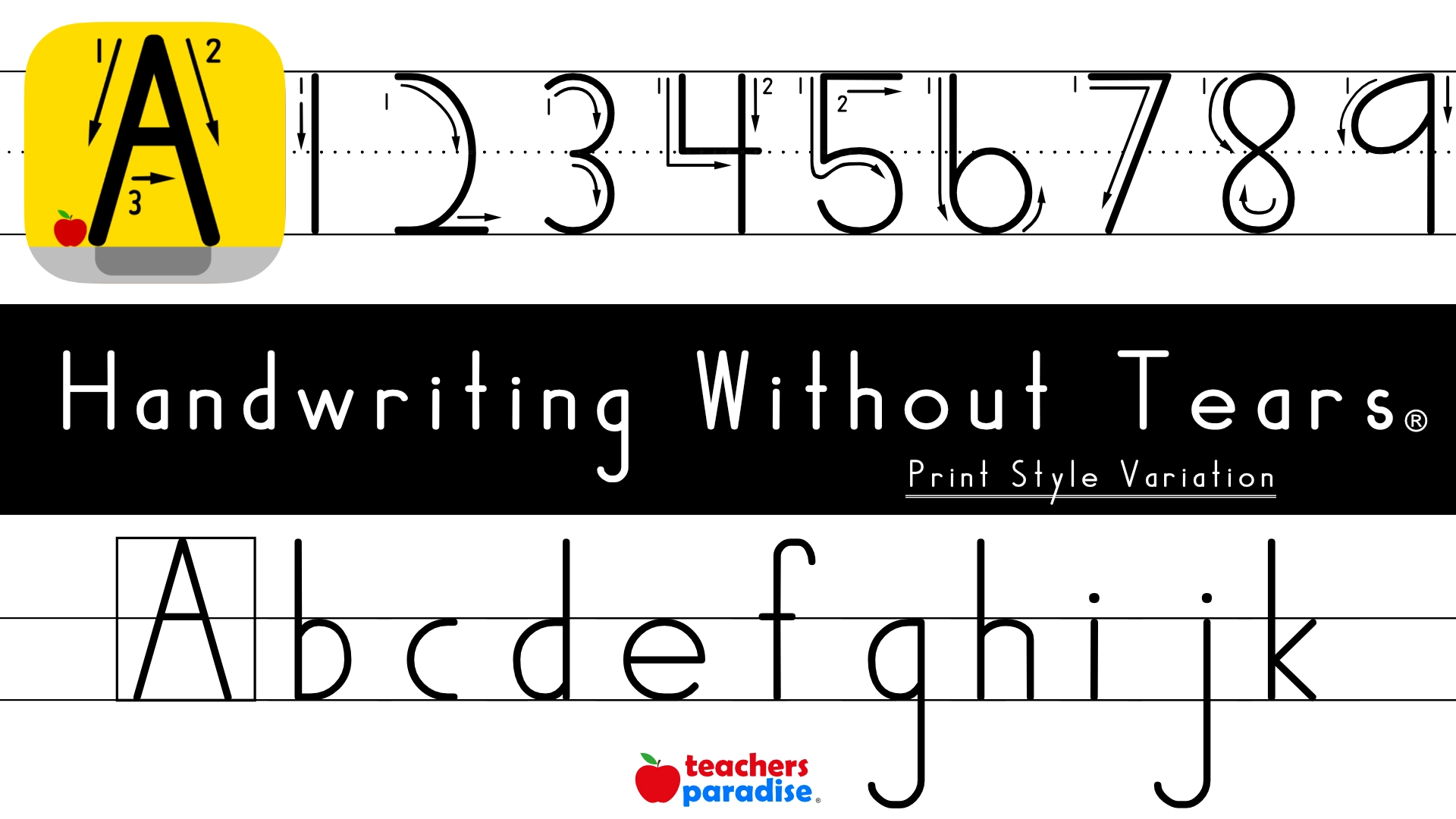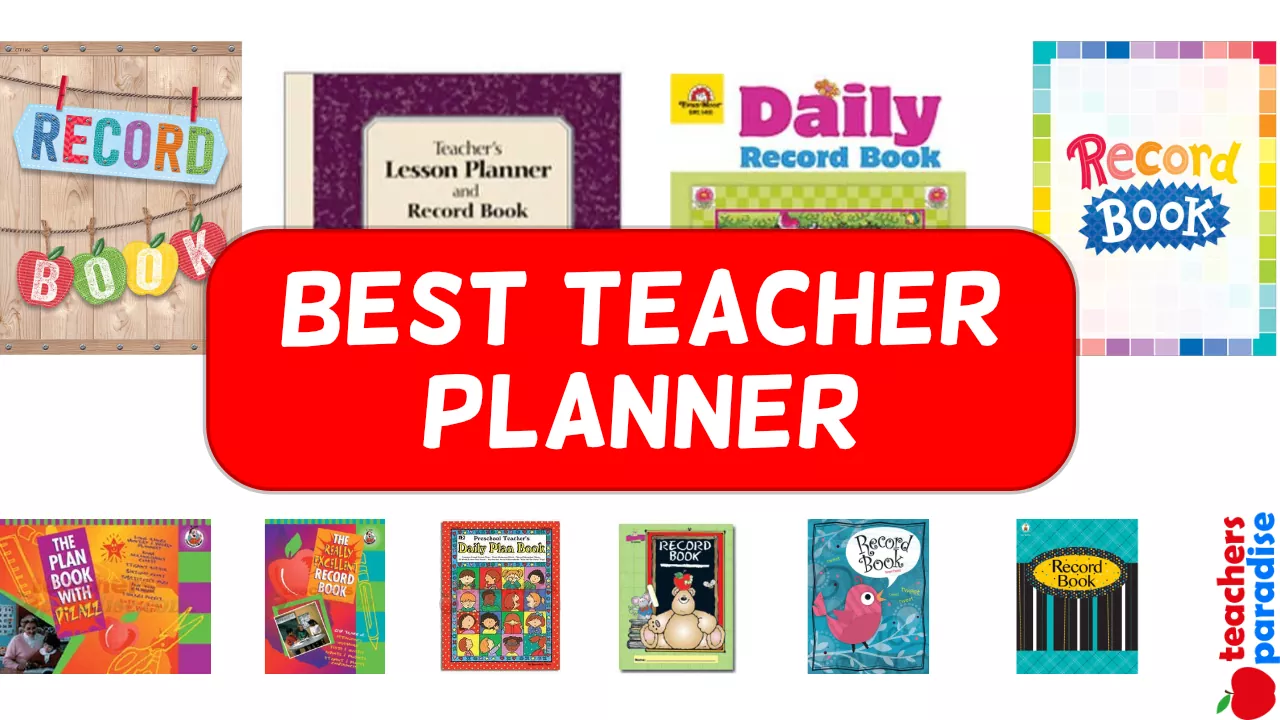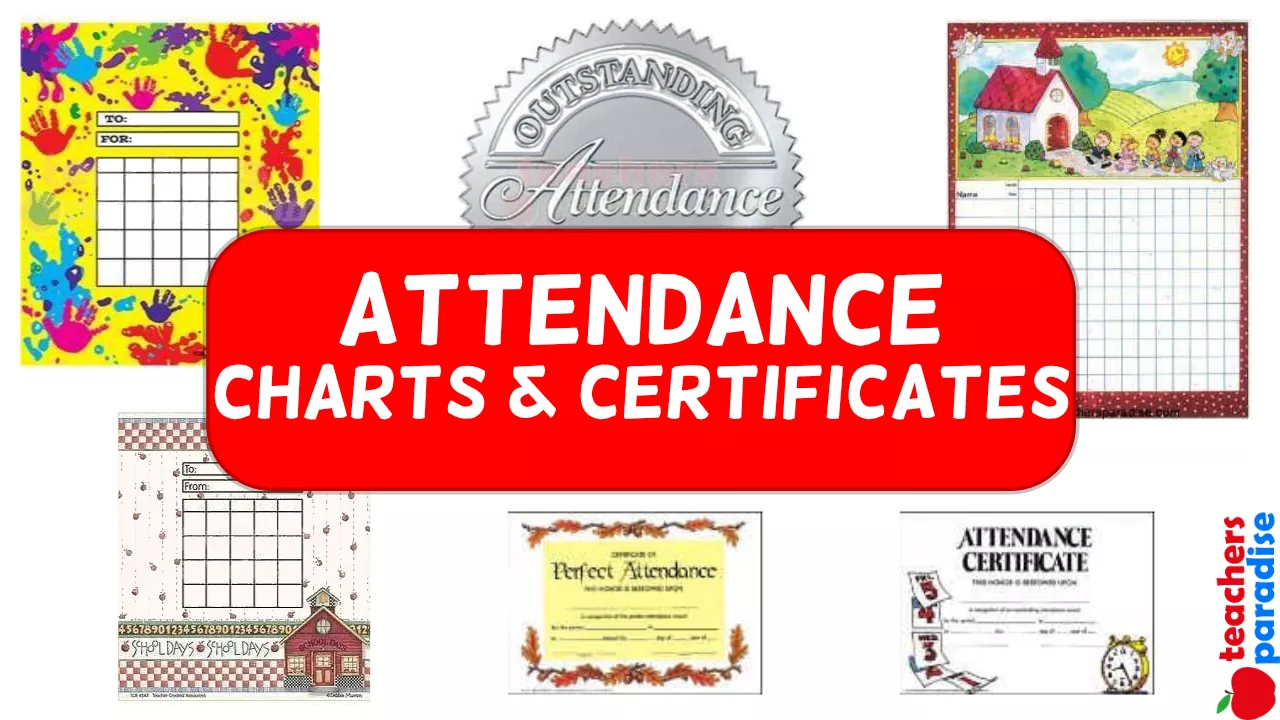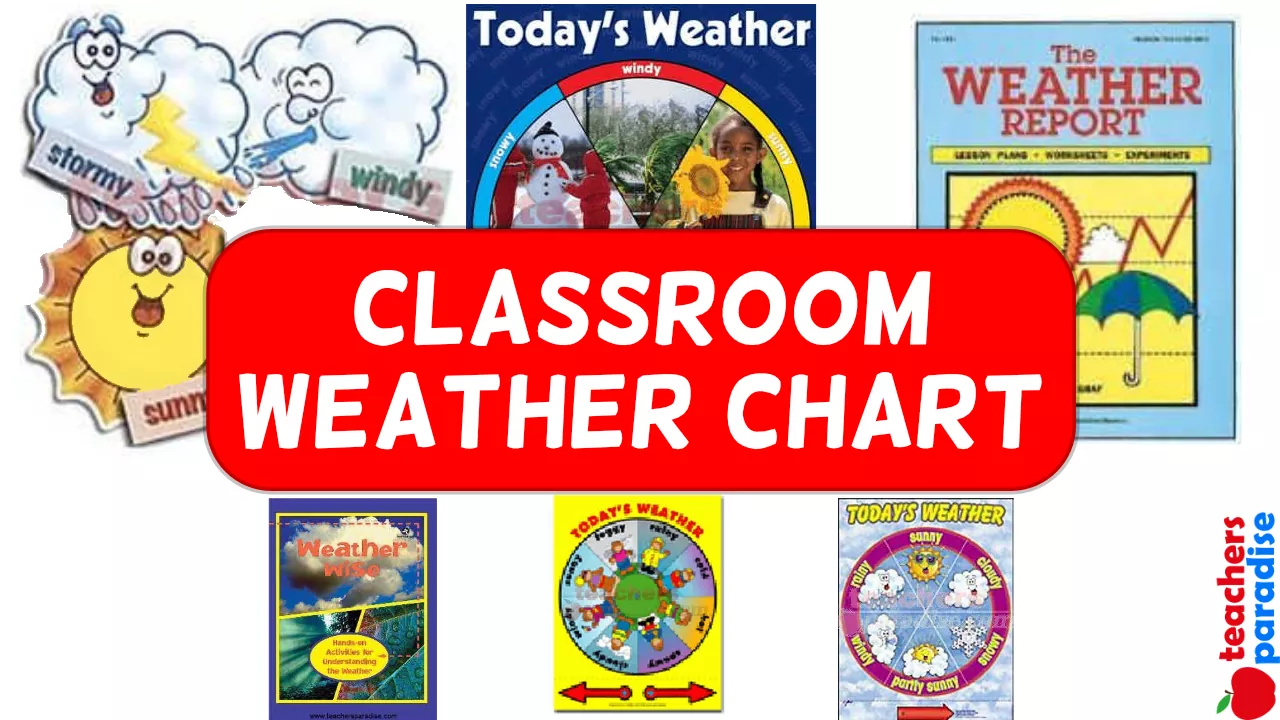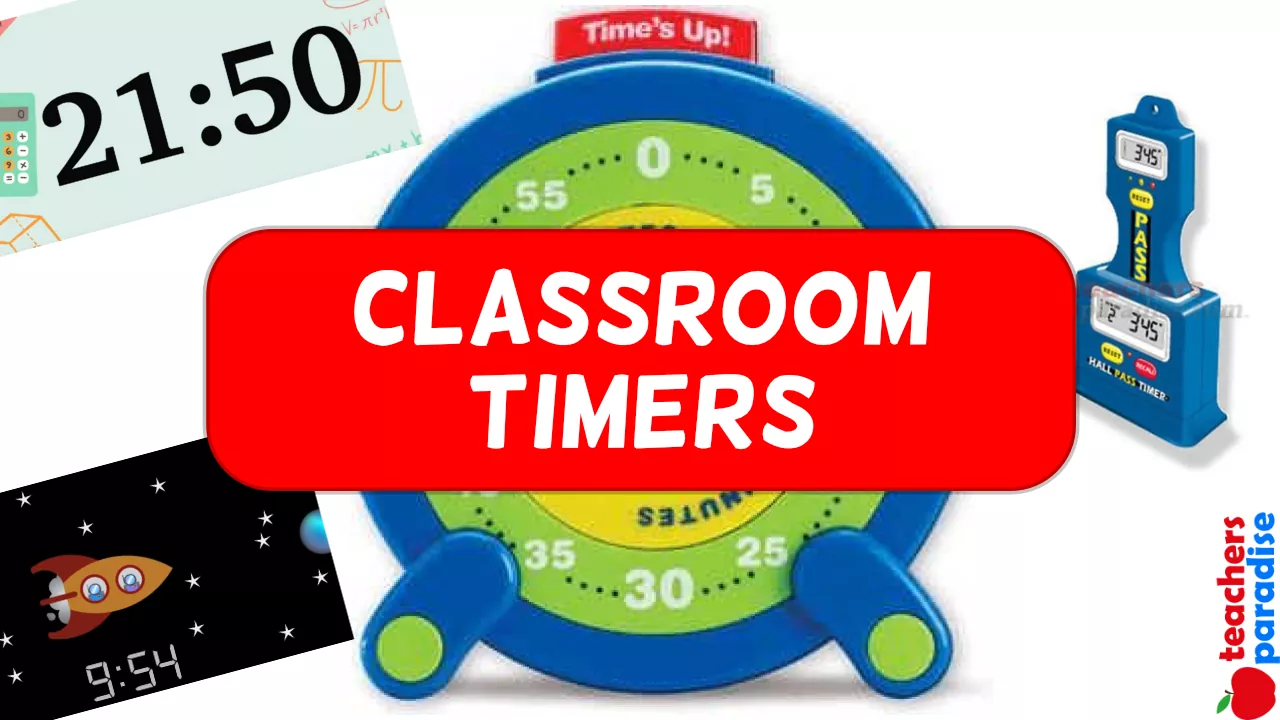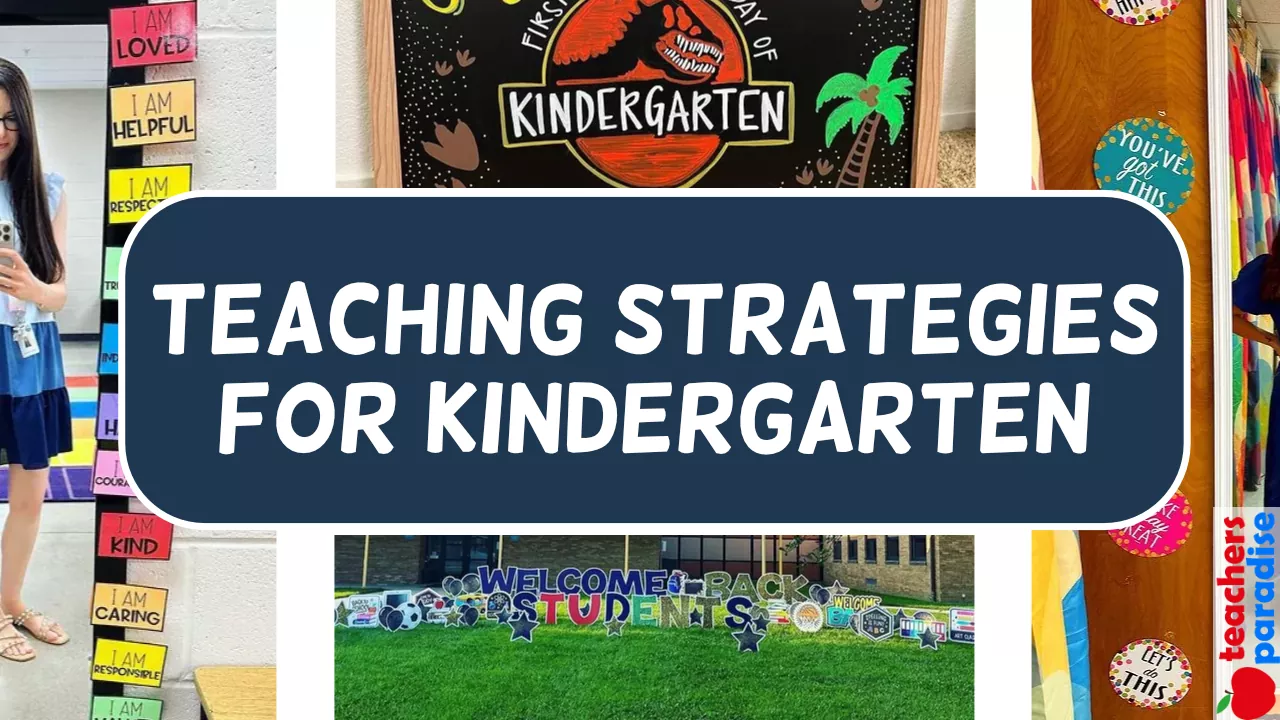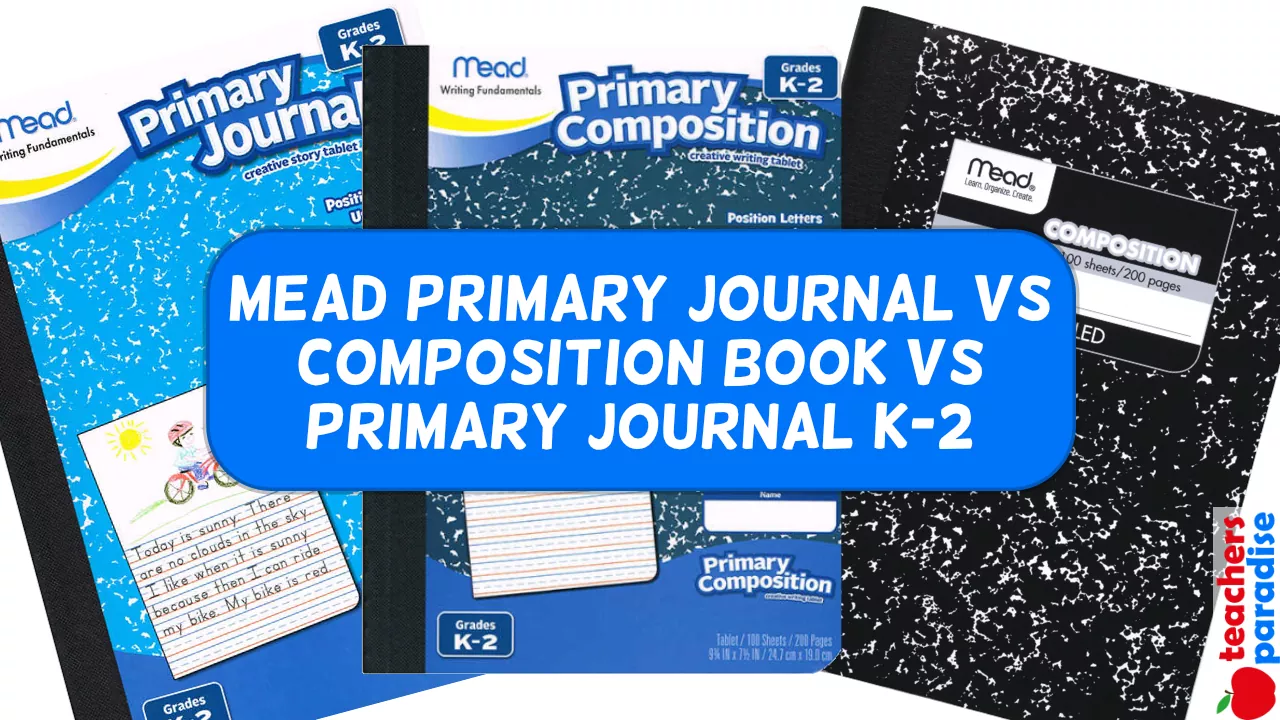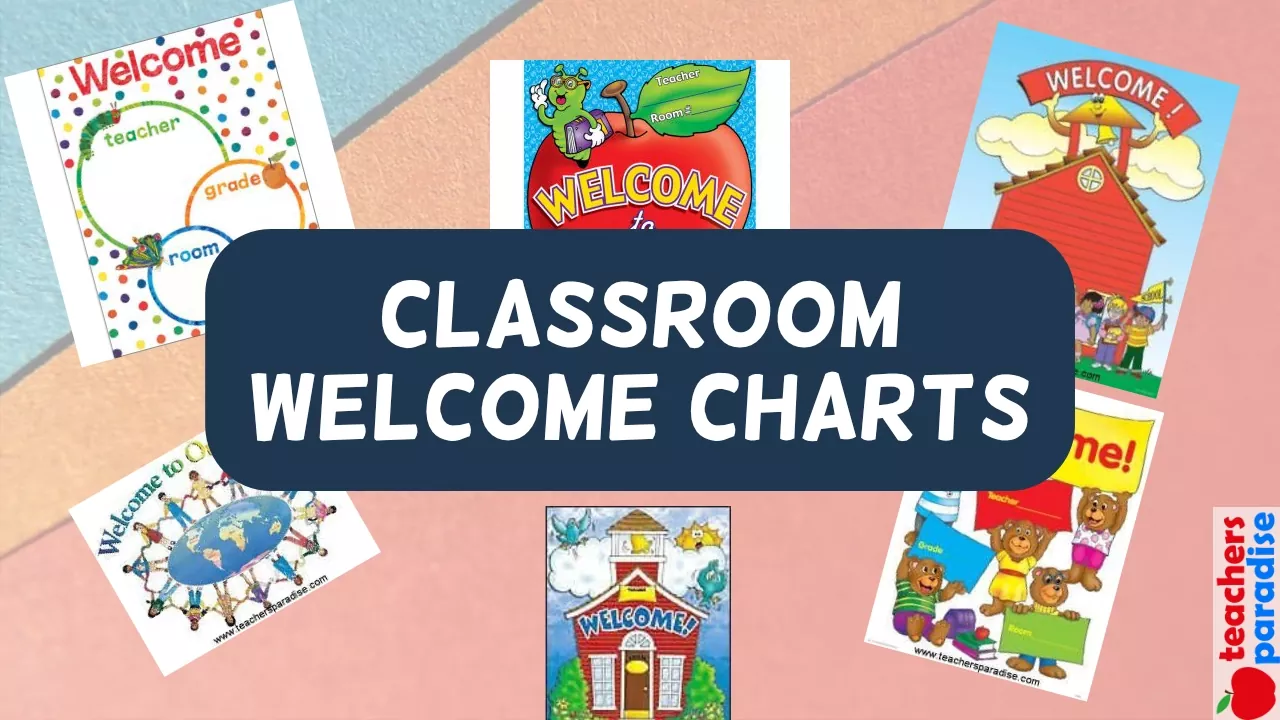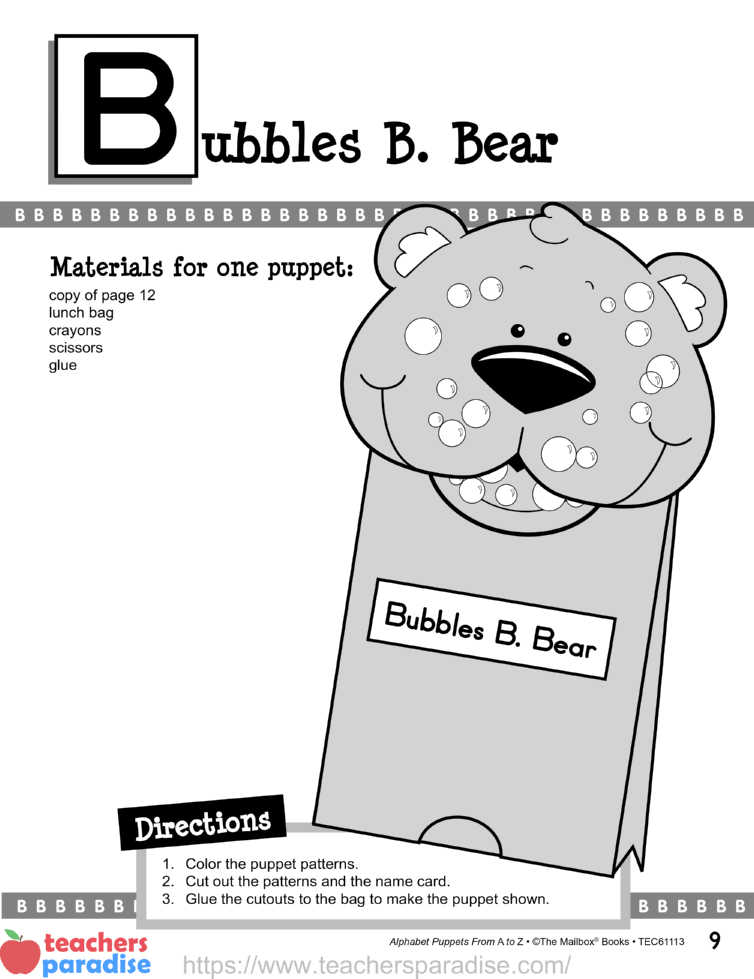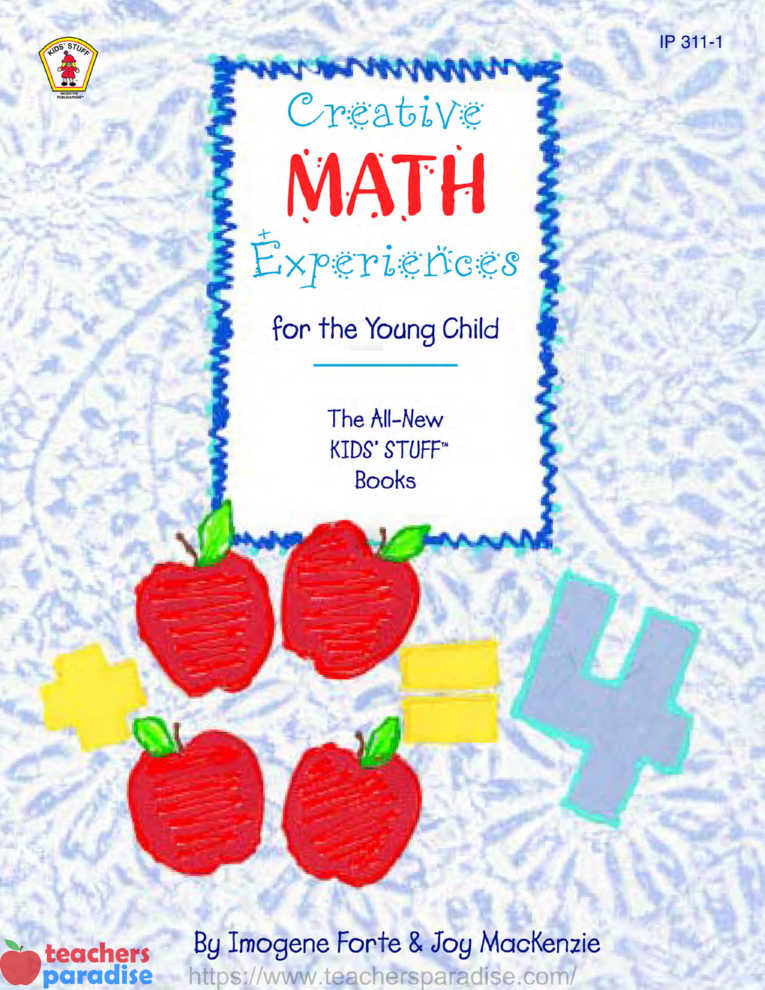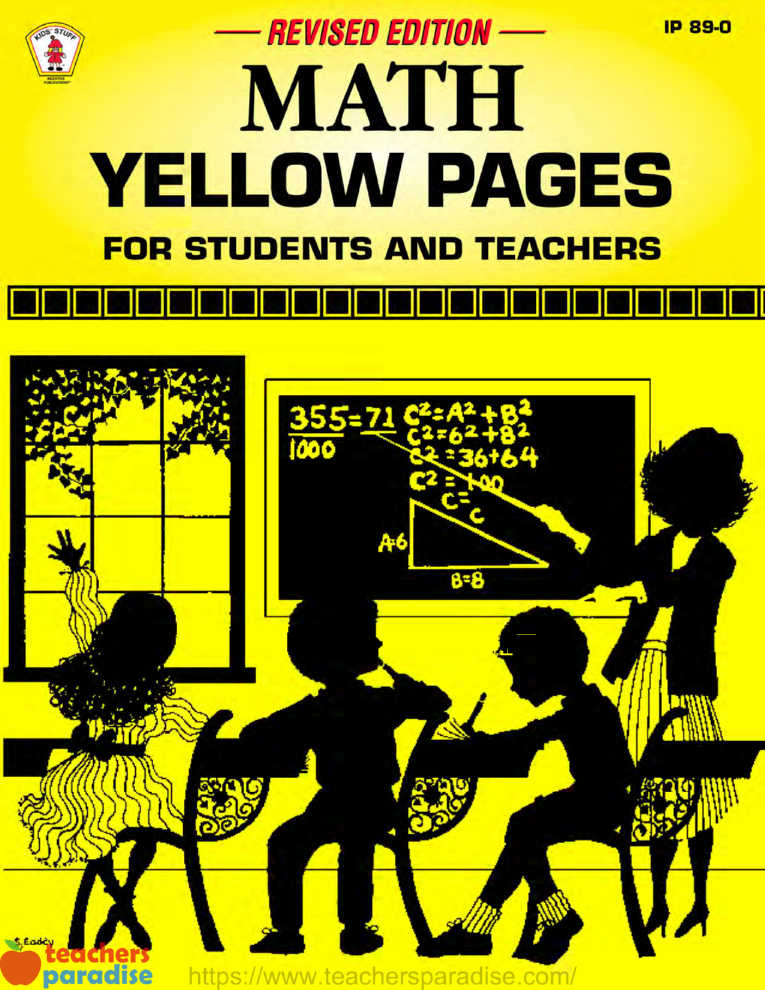The Plan Book for Homeschoolers
Study Skills Checklist
These skills will help students succeed in any area of study. Be sure to include time for sharpening
all of them as a part of your weekly plans.
WORKSHEET & Sample PDF Activity
Sample PDF Activity
Choosing the right
Teach your student(s) how to use a variety of reference materials. Make sure you work with these: atlas, almanac, dictionary, biographical dictionary and other specialized dictionaries, encyclopedias, indexes, magazines, newspapers, thesaurus, yearbook, the Internet, movies, filmstrips, videotapes, and CDs.
Finding information in the library
Help your student(s) learn the way around a library. Include these skills: using a card and/or a computer cataloging system, understanding the Dewey Decimal System, knowing how different books are organized, being able to find a book or resource using the system, checking out books, and finding information in periodicals.
Finding information on the Internet
Help your student(s) learn to make use of information available from your Internet provider and to find good search engines. Teach them wise and safe use of the Internet. Teach them to determine if a website is reliable, appropriate, and credible.
Listening for information
Include listening exercises in your educational plans. Teach student(s) skills for focusing on the speaker, taking notes, paying close attention, listening for main ideas and details, and summarizing afterward.
Reading for information
Practice using different reading skills to find information. Use examples of different passages and help students understand when they need to skim or scan, or when they need to read closely. (Skimming is a quick reading to find the main idea. Close reading is a slow, careful reading for the purpose of finding specific details.)
Summarizing and paraphrasing
Help student(s) practice these arts in response to a piece of writing, a speech, or other presentation. (To summarize is to make a short statement that tells the main idea. To paraphrase is to restate someone else’s ideas in your own words.)
Outlining
Provide for plenty of practice with casual and formal outlines to help organize ideas for writing or speaking, plan a project, review information from a textbook, take notes, write a story or essay, prepare a speech, or study for a test.
Note Taking
Teach students to take notes from textbooks, speeches, or other presentations. Show them how to read or listen for main ideas, key points, and major details.
Preparing a Report
Take student(s) through the steps of preparing a report: choosing the topic, identifying subtopics, finding information, organizing information, deciding a format for the report, putting the report together, reviewing, editing, and presenting the report.
Test Taking
Take student(s) through the process of preparing for and taking tests. Skills include: organizing information for effective studying, reading all test directions and test items thoroughly twice, circling key words in the directions, answering all questions they know for sure, and making smart guesses on items where they are not sure.
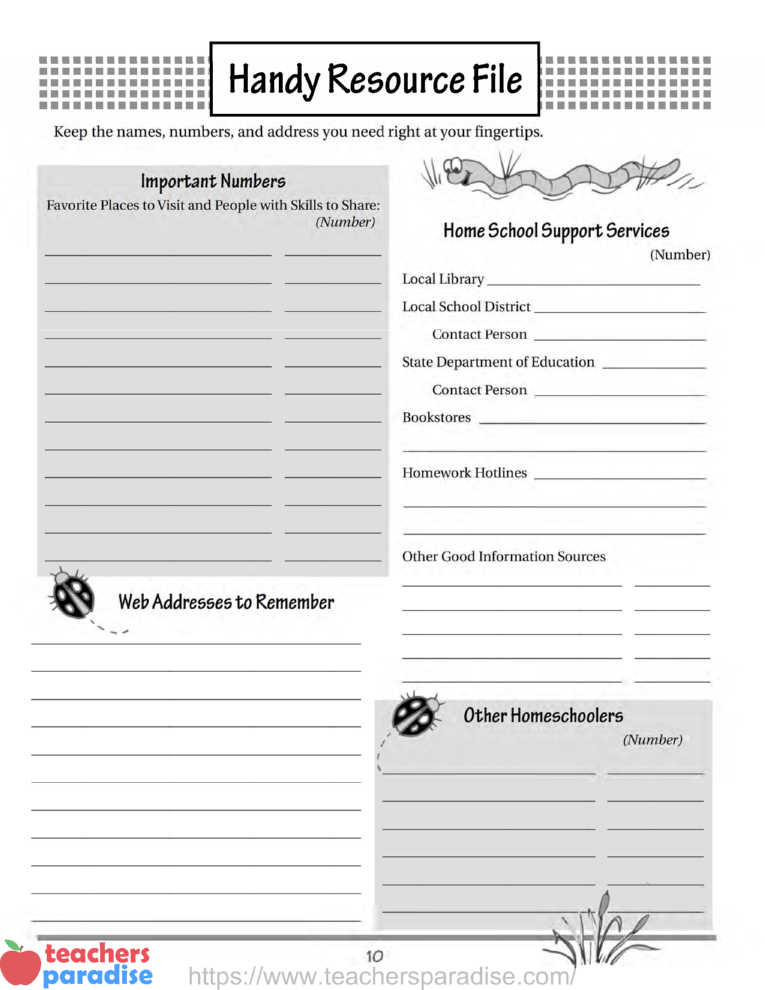
Better than a thousand days of diligent study is one day with a great teacher.
Japanese proverb
Table of Contents
Teacher Pages for All Year
Teacher’s Personal Reminders
Get Organized (How to Use the Plan Book)
Places & Spaces
Supplies & Such
Handy Resource File
Study Skills Checklist
Dates to Remember
Weeks-at-a-Glance
Extra-Good Ideas
Off-to-a-Great-Start Ideas
Fall Ideas
Winter Ideas
Spring-Summer Ideas
Anytime Ideas
Plus!
Teacher Stress Relievers
More Good Ideas

